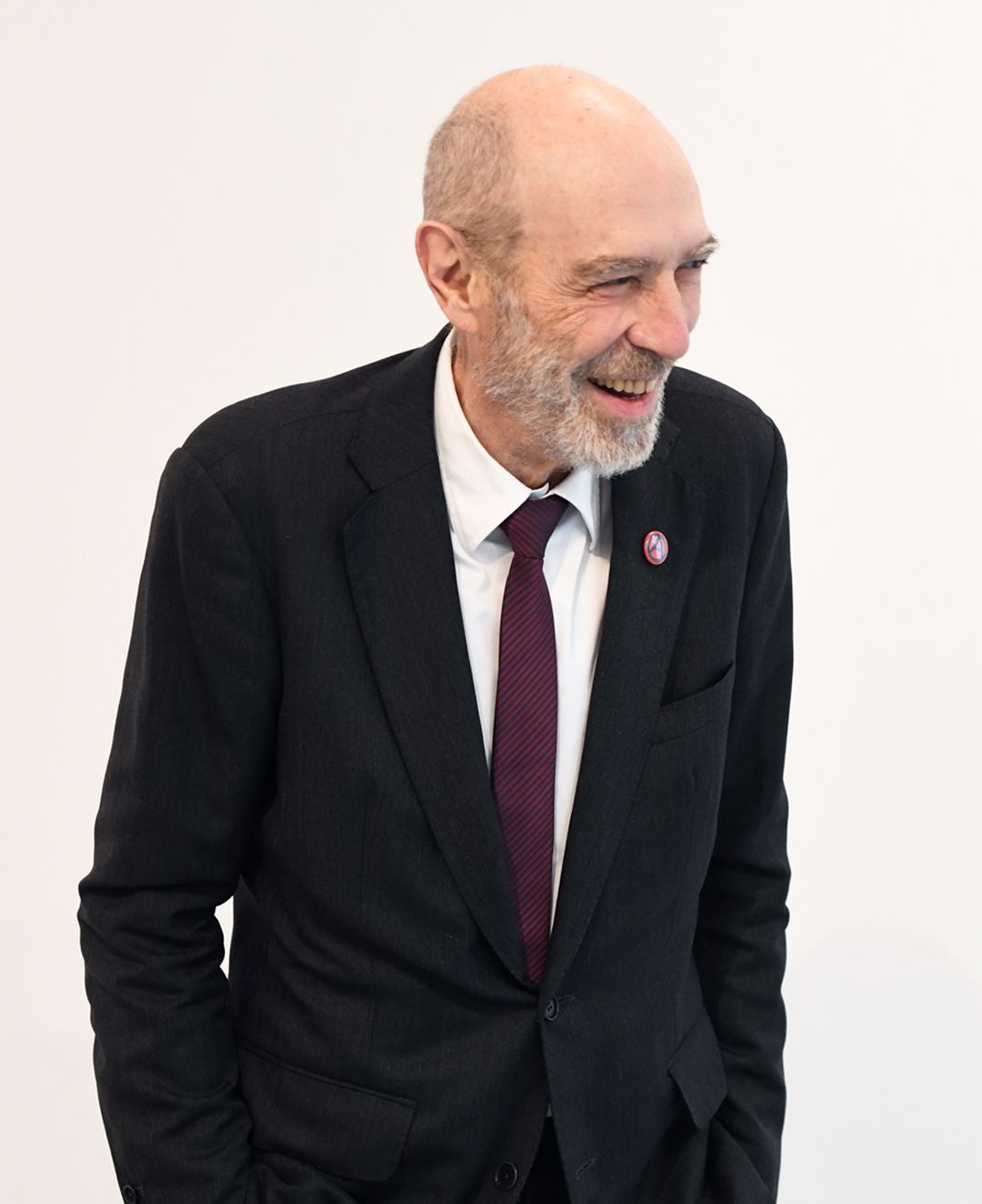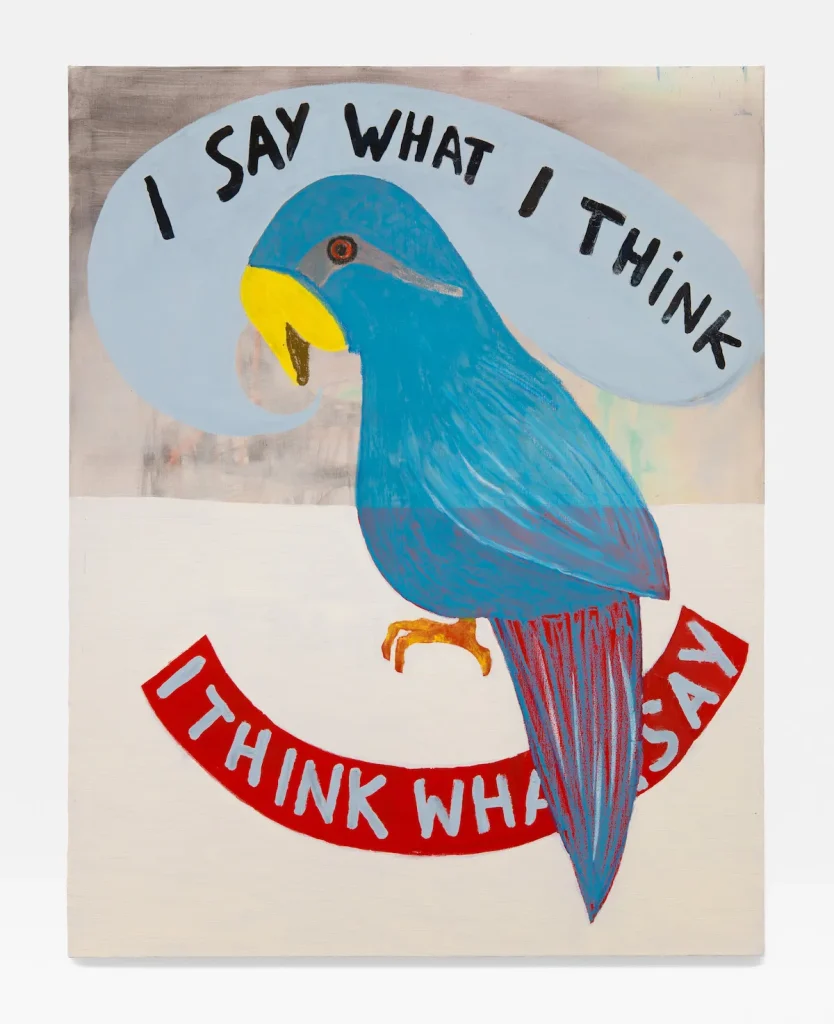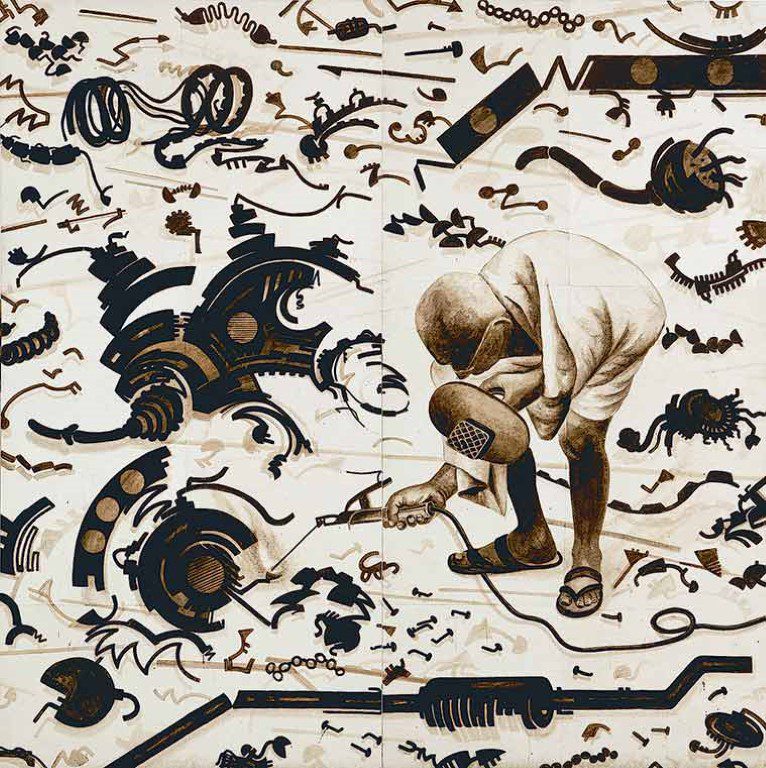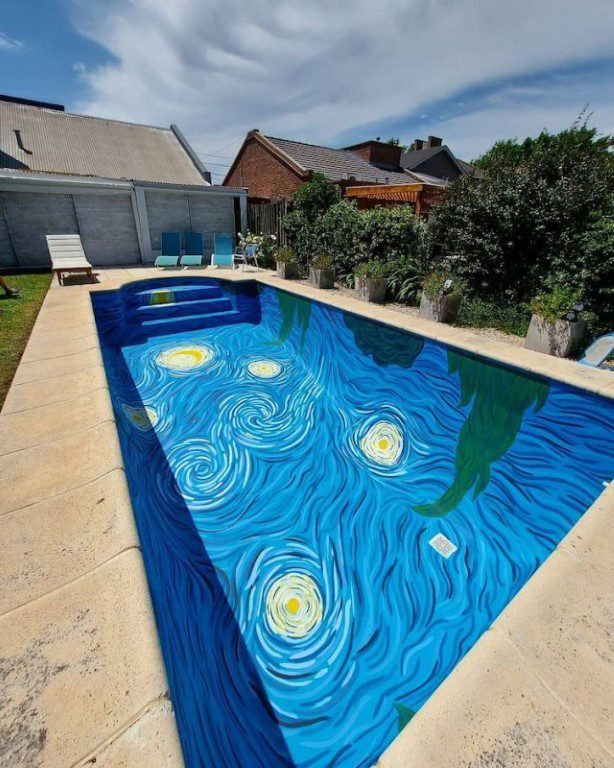Renowned Belgian painter Walter Swennen, who drew on diverse ideas from language, philosophy, and psychology in his work, has passed away at the age of 79. He was known for his radical, experiential and associative approach to painting, which is perhaps best summarised as a belief in the total autonomy of the artwork.
Belgian art dealer Xavier Hufkens announced the painter’s death on Saturday, saying Swennen ‘created a singular body of work that continually pushed the boundaries of painting’. Swennen was widely considered one of Belgium’s most seminal artists, believing that painting should be free from imposed meaning.
Born in Brussels in 1946, Swennen’s artistic roots lay in poetry and performance before he embraced painting in the late 1970s—a medium that would define his practice in the decades to come.

Walter Swennen. Courtesy Xavier Hufkens. Photo: Pauline Colleu.
With an academic background in philosophy, etching, and psychology, he developed an oeuvre rich in freely associative visual motifs. Over the years, Swennen grew concerned with the limitations and potential of painting, and resisted the belief that an artwork had to be understood.
Although his œuvre varies greatly in scale, style and materials, it can be construed as an on-going exploration into the nature and problems of painting (its potential and limitations), the fundamental question of what to paint (subject matter), and how (technique). The way that he handles motifs—he takes them as he finds them, high or low, and manipulates them at will—is akin to a kind of visual poetry that harks back to his early career as a writer. Freely associative, and above all humorous, Swennen’s paintings explore the relationship between symbols, legibility, meaning and pictorial treatment.
Swennen’s unconventional practice earned him a major retrospective at the Kunstmuseum Bonn (2021), which then travelled to Gemeentemuseum Den Haag (2021) and Kunst Museum Winterthur (2022). Solo exhibitions at La Triennale di Milano, Milan (2018), Kunstverein für die Rheinlande und Westfalen, Düsseldorf (2015), and WIELS, Brussels (2013–2014) cemented his significance in the contemporary art world.
Hufkens said the painter’s passing was an immense loss, both personally and artistically.
‘He was a dear friend and a true visionary, whose thinking was as uncompromising as it was free. We will miss him profoundly, but his spirit will endure, inspiring and challenging generations to come.’
Cover Image:Walter Swennen, Tautologist, 2024. Courtesy the artist and Xavier Hufkens
Contributor





